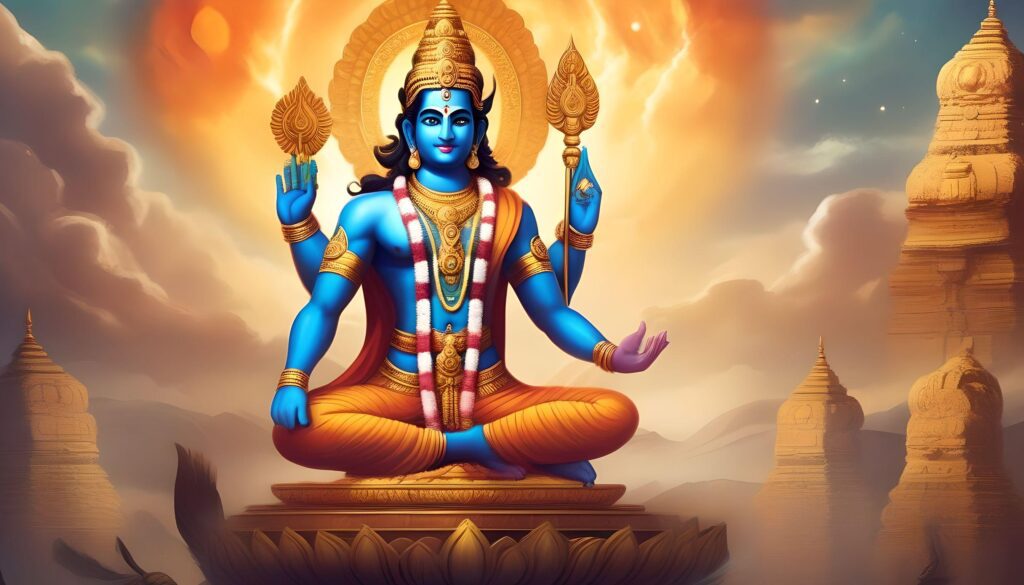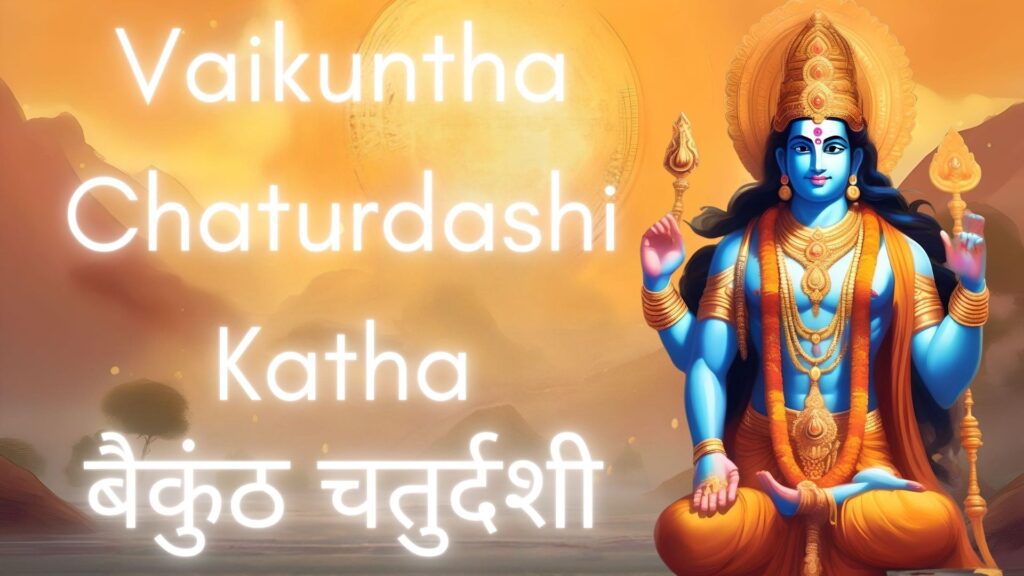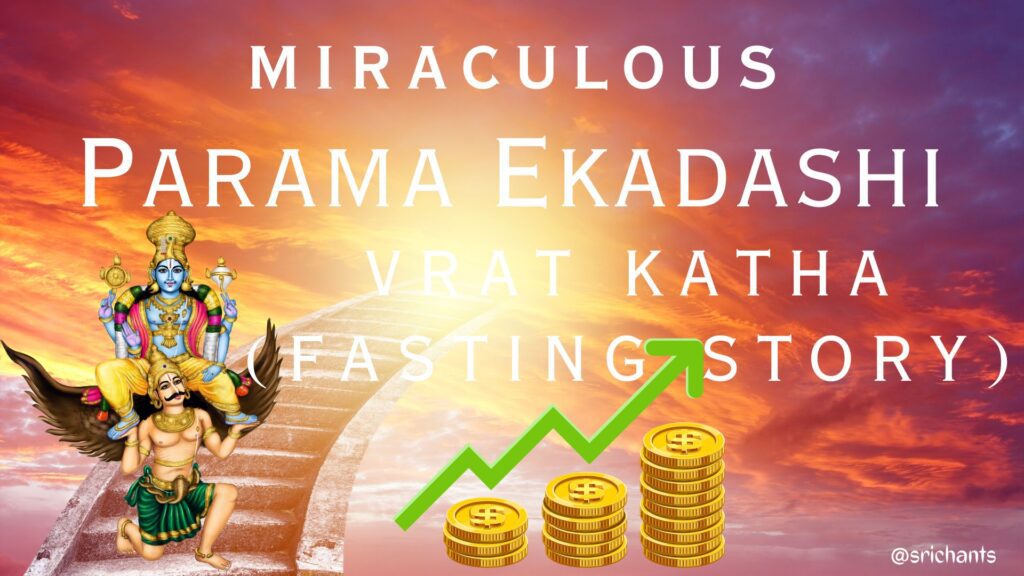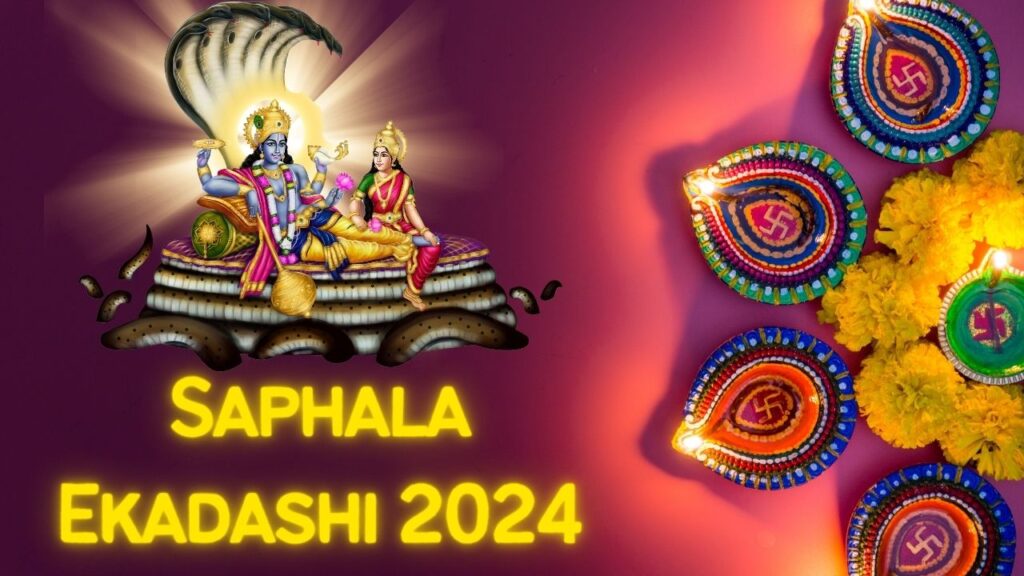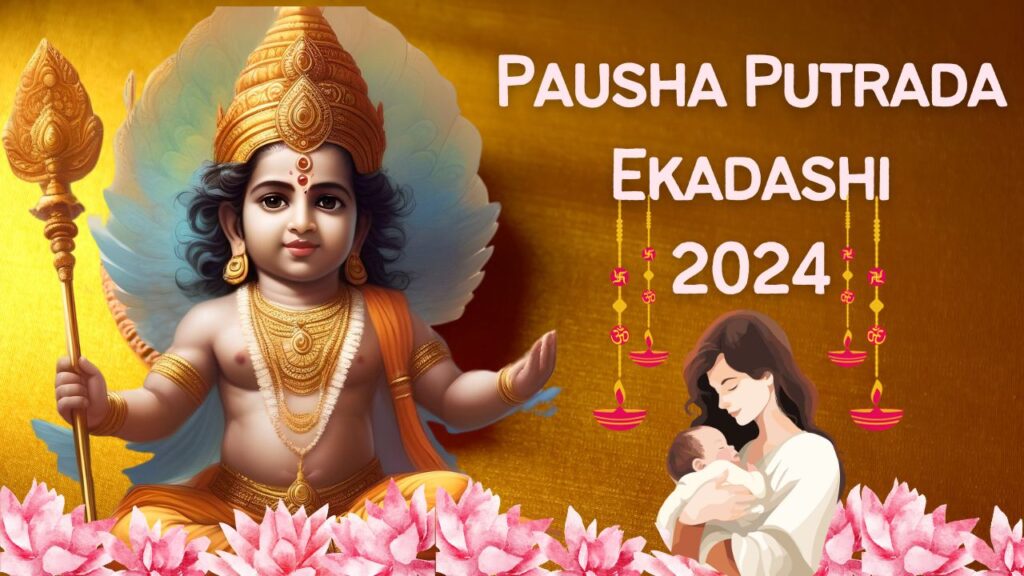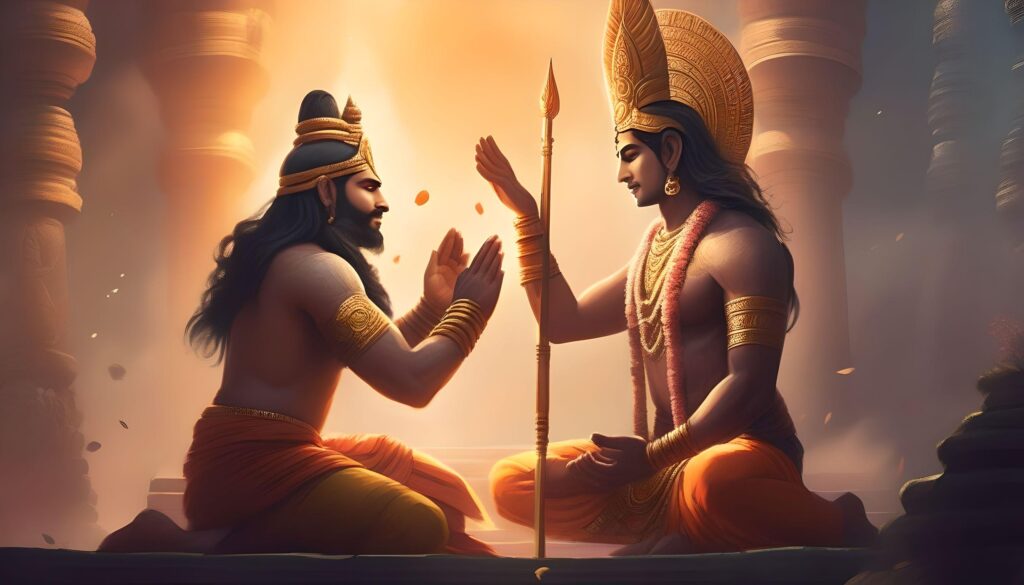Devutthana Ekadashi: Awakening the Divine Energy
According to Hindu culture, the timing of auspicious occasions is crucial to their success. There exist specific time periods throughout the calendar year that are regarded as adverse for the commencement of new undertakings. A significant event known as Devutthana Ekadashi, also referred to as Prabodhini Ekadashi, signifies the end of this inauspicious period. The Ekadashi mentioned above, occurring during the Shukla Paksha phase of the lunar month, holds great importance in Hindu ceremonies and rituals. This discussion will delve deeper into the rituals and significance associated with Devutthana Ekadashi.
Understanding Devutthana Ekadashi
Devutthana Ekadashi, also referred to as Kartiki Ekadashi, Kartik Shukla Ekadashi, or Kartiki, is a festival observed during the auspicious month of Kartik according to the traditional Hindu calendar. As is customary, it occurs in November, the autumnal season. With the advent of the Hindu wedding season, this Ekadashi bestows exceptional good fortune upon matrimonial engagements. It is believed that Lord Vishnu emerges from his seclusion on this day, thereby concluding his Chaturmas, which lasted for a duration of four months. A significant occurrence that signifies the end of a period of unfavorability, the awakening of Lord Vishnu is widely anticipated.
The Significance of Devutthana Ekadashi
Devutthana Ekadashi is a day of immense significance in Hindu mythology, as it is associated with a multitude of beliefs and legends. According to mythology, Lord Vishnu rested for four months prior to the Devutthana Ekadashi, a period known as Chaturmas. During this time, it is customary to refrain from engaging in any ceremonial or auspicious activities. There is a belief that the reappearance of Lord Vishnu on Devutthana Ekadashi signifies the commencement of a fresh phase and bestows prosperity and success upon any undertaking or occasion carried out on this day.
The Legend of Devutthana Ekadashi
According to the Skanda Purana, Narada was told the legend of Devutthana Ekadashi by Lord Brahma. As per folklore, Lord Vishnu was counseled by Goddess Lakshmi to halt his actions for a designated duration to allow for the earth to undergo a process of rejuvenation. Lord Vishnu mutually consented to a four-month retirement during the rainy season. This period of dormancy, known as Praylay Kaleen Mahanidra, was considered a blessing by devotees of Lord Vishnu. It is said that during this period, followers of Lord Vishnu experience a sense of his tangible presence within their dwellings.
Rituals and Observances of Devutthana Ekadashi
Devotees partake in an extensive array of rituals and practices on Devutthana Ekadashi with the intention of securing the favor of Lord Vishnu. Significant rituals and observances associated with this auspicious day include the following:
1. Fasting and Bathing
Devotees observe Devutthana Ekadashi by engaging in a sacred immersion in rivers or other bodies of water before sunrise. This ritual is thought to purify the psyche, body, and spirit.
2. Visit to Lord Vishnu’s Temples
Devotees participate in the nocturnal pooja rituals conducted at the temples adoring Lord Vishnu on this day. Offerings of fruits and vegetables to Lord Vishnu serve as a token of veneration and gratitude.
3. Drawing Lord Vishnu’s Picture
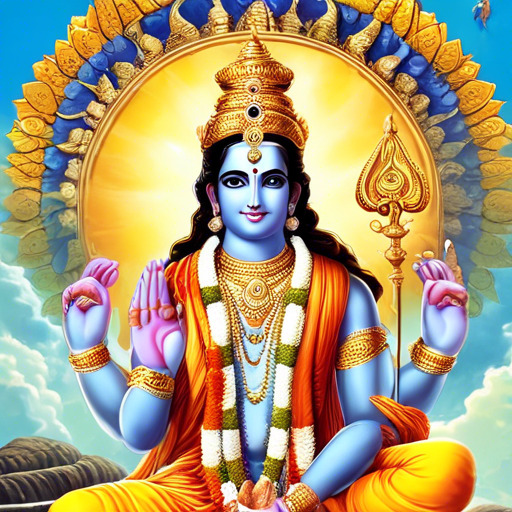
An effigee of Lord Vishnu adorns the place of worship, which is honored via the distribution of fruit and vegetable offerings. Furthermore, followers prepare a distinctive Pounder (Okhli) by combining an assortment of seasonal fruits, chocolates, and ingredients; this concoction represents abundance and wealth.
4. Awakening Lord Vishnu
To arouse Lord Vishnu from his slumber, children create a great deal of commotion by lighting mustard torches at night. Devotees perform bhajans, which are also known as bhakti melodies, to manifest their devotion and to beseech the blessings of Lord Vishnu.
5. Recitation of Mantras and Prayers
Devotees partake in the recitation of sacred mantras and petitions on Devutthana Ekadashi with the intention of invoking the divine energy that is linked to Lord Vishnu. “Deva Uthaye Kartik Masa” (Utho Deva, Batho Deva, Aanguria Chatkao Deva, Nayi Soot, Nayi Kapas) is an example of such a mantra. This expression signifies the onset of the favorable month of Kartik and the revival of Lord Vishnu.
6. Tulsi Vivah
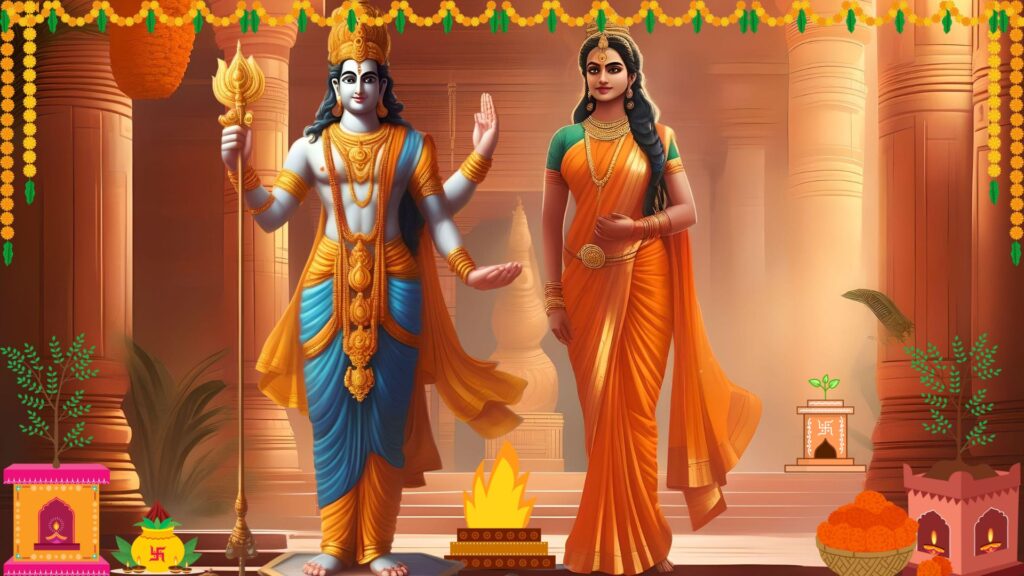
Furthermore, the observance of Tulsi Vivah, a ceremonial matrimonial union between the esteemed tree Tulsi and Lord Vishnu, is linked to Devutthana Ekadashi. There is a belief that couples who are childless can attain the virtuous Kanyadaan through the performance of this ceremony, which is considered an exceptionally fortuitous ritual.
7. Pushkar Mela
The distinguished Pushkar Fair, also known as the Pushkar Mela, is inaugurated annually in Pushkar, Rajasthan, on Devutthana Ekadashi. This vibrant celebration continues until Kartik Poornima, which transpires during the Full Moon of the Kartik month in the Hindu calendar. Devotees gather in observance of Lord Brahma, whose temple is located in Pushkar. Performing a ritual in the Pushkar lake during these five days is considered to be of the utmost importance and is believed to lead to salvation.
8. Sugarcane Harvest

Source: Pixabay, Image By: WebTechExperts
Additionally, Devutthana Ekadashi signifies the start of the sugarcane harvest season. In their fields, farmers conduct a puja and cut sugarcane ceremoniously in an offering to Lord Vishnu. It is believed that this ceremony bestows favors upon the harvest and guarantees a prosperous year.
Conclusion
Devutthana Ekadashi, the momentous occasion commemorating Lord Vishnu’s reawakening, is of profound significance within Hindu culture. It denotes the conclusion of the unfavorable period and the commencement of a subsequent stage brimming with affluence and achievement. Through the observance of the rituals and practices linked to Devutthana Ekadashi, followers endeavor to attract divine energy into their lives and beseech the bounties of Lord Vishnu. Praying that this auspicious day showers all those who observe it with happiness, tranquility, and prosperity.
#DevutthanaEkadashi #Devutthana #Ekadashi #Vishnu #Pushkar
